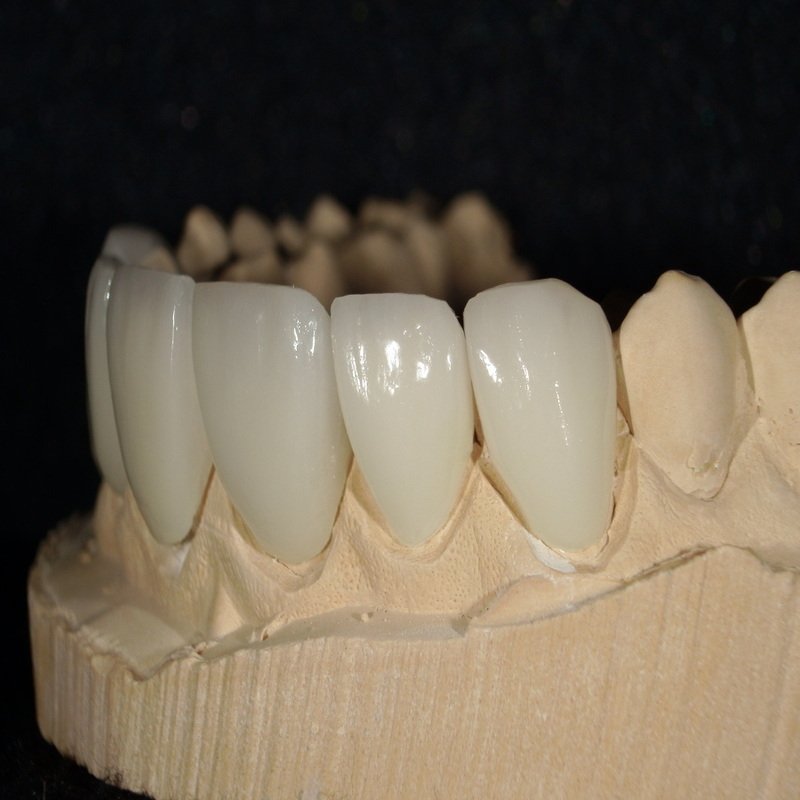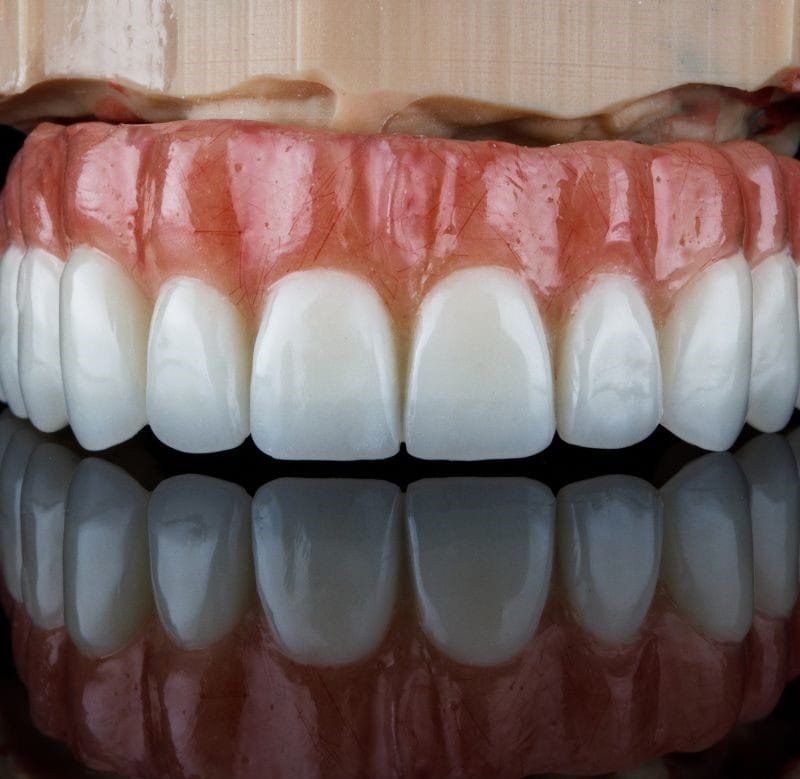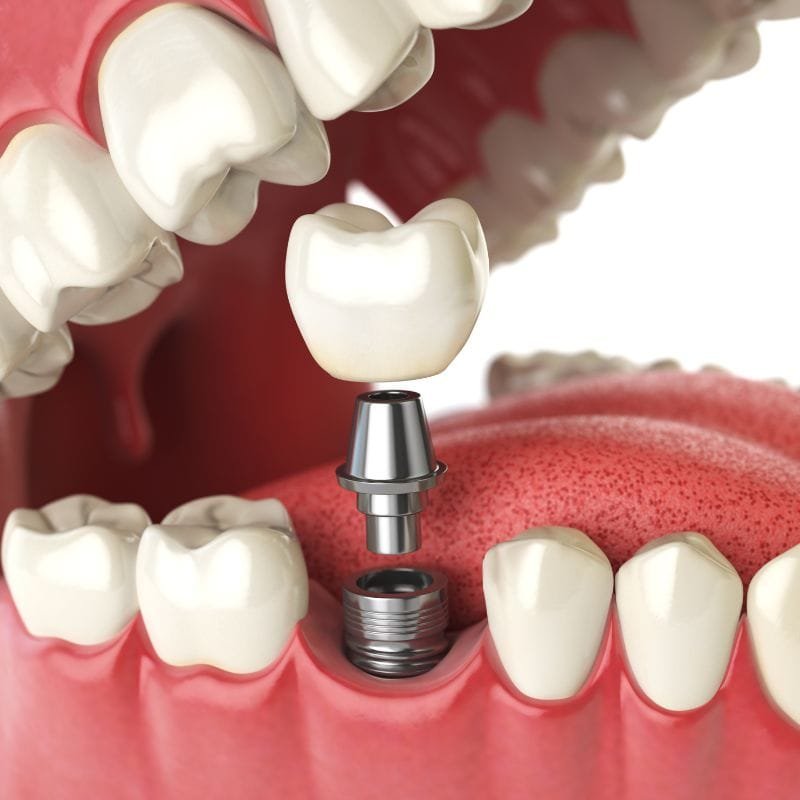Lingual Papillitis: What Should You Do About Swollen Taste Buds Transient
Lingual Papillitis? What are? As much as irritating swollen taste buds can be, the chances are that you’ve gotten transient lingual papillitis at least once in your lifetime. Those uncomfortable, bothersome white or red bumps pop up on your tongue and disappear after a few days. If you wonder where these come from and what they mean, stick around until the end of this article.
So What Exactly Is Transient Lingual Papillitis?
Transient lingual papillitis is also known as lie bumps. A long time ago, people believed that these bumps developed on their tongues when someone lied. Although nobody really believes this superstition nowadays, we still call it the same. Transient lingual papillitis is painful reddish-white lumps or spots on the tongue that come and go independently. Although they tend to recur, they’re usually not something to worry too much about.

Swollen taste buds or Types and Symptoms to Look Out for
Localized transient lingual papillitis
This type of lie bump is the inflammation of one or more fungiform papillae within one location of the tongue., usually the tip, which refers to as transitory lingual papillitis. You’ll notice single or several elevated red or white/yellow painful lumps on your tongue. The bump usually goes away in one to two days, although it can stay up to several days in rare cases. Other signs and symptoms of this type include:
- Dry mouth
- Distorted taste
- Having trouble eating spicy foods, specifically
- A sensation of your tongue burning, tingling, or itching
Eruptive Lingual Papillitis
This type frequently affects children the most and produces a quick onset of disease across the body. The symptoms are fever, swollen glands, and painful lumps on the tip and sides of the tongue.
The disease usually lasts approximately a week but can reoccur a few months later. Children can create excessive saliva and have a hard time eating, in addition to pain, fever, and swollen glands. You can consult with us.
What Are the Causes of Lingual Papillitis
Unfortunately, there’s no specific and clear underlying cause for this condition. However, studies show that the bumps are not harmful or damaging in most cases. While there’s still a long way to go with research about the causes of transient lingual papillitis, here’s a list of things that can make you more vulnerable to it:
- Acidic or sugary foods
- Spicy foods
- Inflammation and stress
- Biting your tongue
- A tongue burn
- Digestive issues
- Allergies to certain foods
Lie bumps develop when the tongue’s little fleshy papillae become inflamed. The taste buds are in the papillae, which can enlarge and create pimples when inflamed.
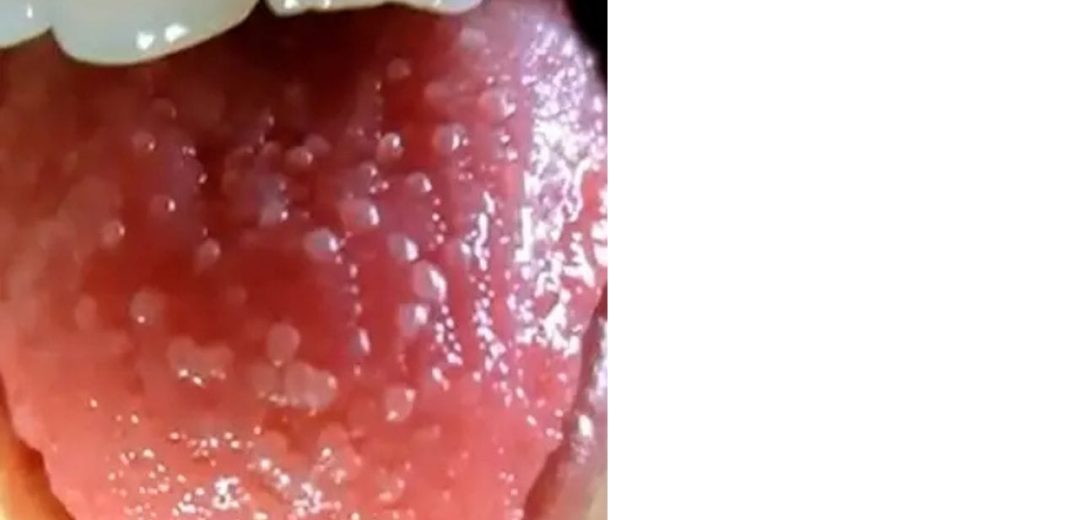
Can Your Dentist Diagnose Lie Bumps?
Make an appointment to see your dentist if your lie bumps hurt and haven’t gone away after a week. Your dentist will examine the bumps and will most likely diagnose them only based on their appearance.
If your doctor isn’t sure if the bump is a normal bump or the result of a condition like human papillomavirus, they may do a biopsy to rule out other possibilities. To do so, your doctor will most likely use a local anesthetic to numb the area. Next, they’ll take a little piece of the lump and analyze it under a microscope to develop an adequate solution.
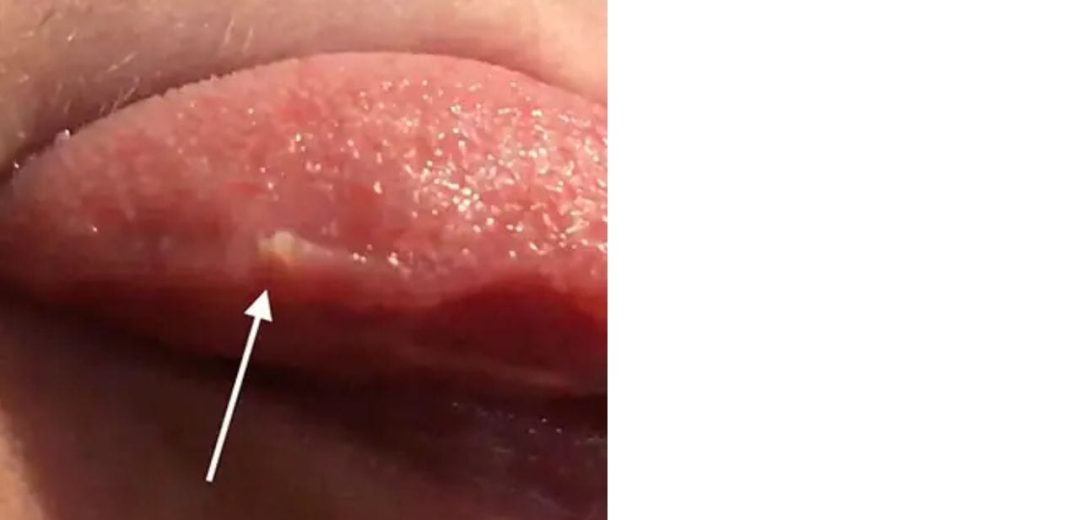
How Do You Treat Lie Bumps?
Fortunately, in most cases, there is no need for a biopsy to diagnose temporary lingual papillitis. A dentist can diagnose based on a visual examination and your medical history.
Your dentist in Mexico can choose the best treatment for you based on the severity of your symptoms. Treatment for transient lingual papillitis is simple. It can usually be treated with warm salt water rinses and over-the-counter pain relievers. If your TLP is extremely severe, your dentist may offer topical local anesthetics or corticosteroids. Most of the time, the condition goes away on its own after a few days of treatment and doesn’t come back.
Dentists and dental hygienists are tongue specialists. Schedule an appointment with a dentist in Mexico if you start to feel tongue pain or notice changes in your tongue’s appearance. They will provide a precise diagnosis and the appropriate therapy for your specific needs, allowing you to smile more confidently with no tongue issues.
If you think you may have any symptoms and wish to book an appointment with us, please do so without hesitation. For more content or valuable information, take a look at our Blog Posts.

